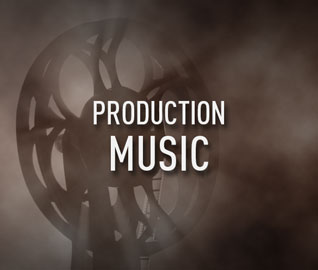
Rhythms can be built not just from percussion samples but any recorded sound, such as horns or synthesizers. Whereas artists had previously sampled long pieces of music, the MPC allowed them to sample smaller portions, assign them to separate pads, and trigger them independently, similarly to playing a traditional instrument such as a keyboard or drum kit. According to Vox, "most importantly, it wasn't an enormous, stationary mixing panel with as many buttons as an airplane cockpit". The interface was simpler than those of competing instruments it can be used without a studio and connected to a normal sound system. Instead of the switches and small hard buttons of earlier devices, the MPC has a 4x4 grid of large pressure-sensitive rubber pads which can be played similarly to a keyboard. Linn was critical, saying: "Akai seems to be making slight changes to my old 1986 designs for the original MPC, basically rearranging the deck chairs on the Titanic." Features An MPC2000 Akai has continued to produce MPC models without Linn. Īfter Akai went out of business in 2006, Linn left the company and its assets were purchased by Numark. It was followed by the MPC60 MkII and the MPC3000, and the MPC2000, which Linn did not work on.

The first model, the MPC60 (MIDI Production Center), was released on December 8, 1988, and retailed for $5,000. Akai handled the production engineering, making the MPC "more manufacturable". He credited the circuitry to a team led by the English engineer David Cockerell.
Production music wiki software#
He designed the functions, including the panel layout and hardware specification, and created the software with his team.
Production music wiki manuals#
He disliked reading instruction manuals and wanted to create an intuitive interface that simplified music production. Linn described the MPC as an attempt to "properly re-engineer" the Linn 9000. According to Linn, his collaboration with Akai "was a good fit because Akai needed a creative designer with ideas and I didn't want to do sales, marketing, finance or manufacturing, all of which Akai was very good at". His company Linn Electronics had closed following the failure of the Linn 9000, a drum machine and sampler. Linn had designed the successful LM-1 and LinnDrum, two of the earliest drum machines to use samples (prerecorded sounds). The original MPC, the MPC-60, was a collaboration between the Japanese company Akai and the American engineer Roger Linn. Grooveboxes, machines that combined these functions, such as those by E-mu Systems, required knowledge of music production and cost up to $10,000. Its pad interface was adopted by numerous manufacturers and became standard in DJ technology.ĭevelopment The MPC was designed by Roger Linn (pictured in 2010), who also created the LinnDrum.īy the late 1980s, drum machines had become popular for creating beats and loops without instrumentalists, and hip hop artists were using samplers to take portions of existing recordings and create new compositions. It had a democratizing effect on music production, allowing artists to create elaborate tracks without traditional instruments or recording studios. It led to new sampling techniques, with users pushing its technical limits to creative effect. The MPC had a major influence on the development of electronic and hip hop music. Rhythms can be created using samples of any recorded sound, not just percussion.
.jpg)
Linn aimed to create an intuitive instrument, with a grid of pads that can be played similarly to a traditional instrument such as a keyboard or drum kit.

The first MPCs were designed by the American engineer Roger Linn, who had designed the successful LM-1 and LinnDrum drum machines in the 1980s. MPCs combine sampling and sequencing functions, allowing users to record portions of sound, modify them and play them back as sequences.
Production music wiki series#
The Akai MPC (originally MIDI Production Center, now Music Production Center) is a series of music workstations produced by Akai from 1988 onwards. MIDI Production Center, Music Production Controller


 0 kommentar(er)
0 kommentar(er)
